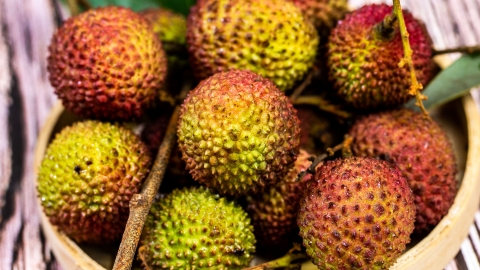Can I eat lychee during a medical abortion?
Whether or not one can eat lychee during a medical abortion depends on individual physical condition and the quantity consumed. If there are no special physical discomforts and the quantity is controlled, a moderate amount of lychee may be consumed. However, if there is abnormal blood sugar or excessive consumption, eating lychee is not recommended. Detailed analysis is as follows:

If there are no gastrointestinal discomforts such as nausea, vomiting, or diarrhea during the medical abortion and blood sugar levels are normal, a moderate amount of lychee may be consumed. Lychee is rich in glucose, vitamins, and other nutrients. Eating 3–5 lychees per serving can quickly replenish energy, alleviate post-abortion physical weakness, and vitamin C can promote physical recovery. When consuming, choose lychees at room temperature to avoid cold stimulation.
However, if nausea, vomiting, or gastrointestinal dysfunction occurs during the medical abortion, or if one suffers from diabetes with poor blood sugar control, lychee should not be consumed. Lychee has a high sugar content, which can easily cause blood sugar fluctuations, increase the burden on the gastrointestinal system, and hinder physical recovery. Moreover, consuming large quantities of lychee at once may lead to heatiness, causing symptoms such as swollen gums and constipation, thus interfering with post-abortion recovery.
During a medical abortion, lychee consumption should be based on individual physical condition, with strict control over the quantity. Avoid eating lychee on an empty stomach, and discontinue immediately if abnormal blood sugar levels, gastrointestinal discomfort, or symptoms of heatiness occur.









